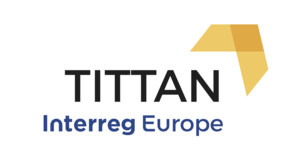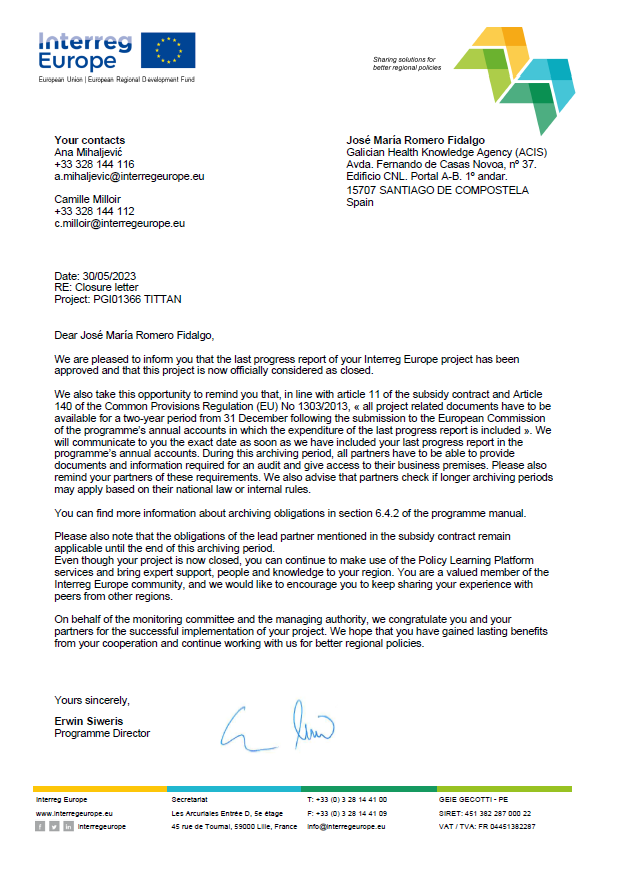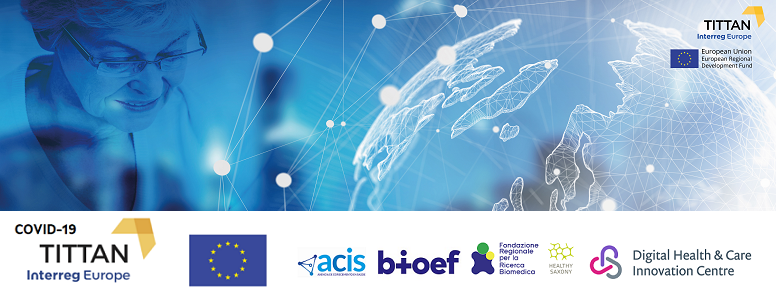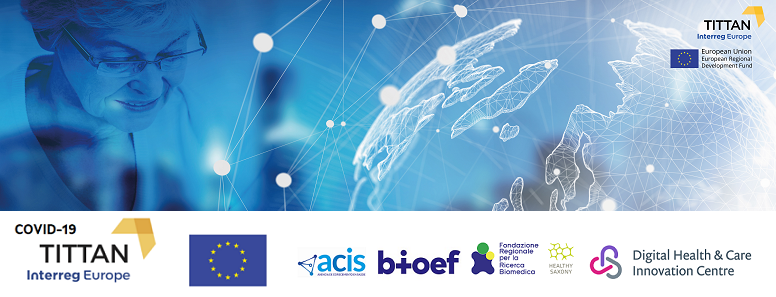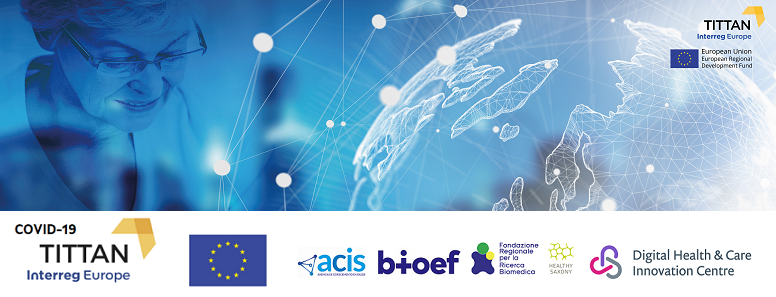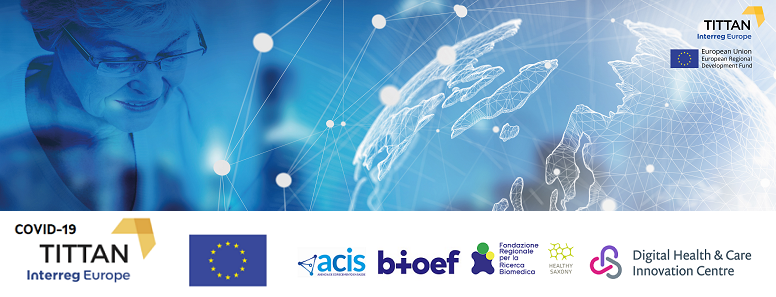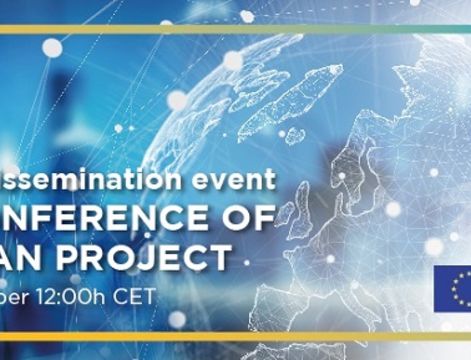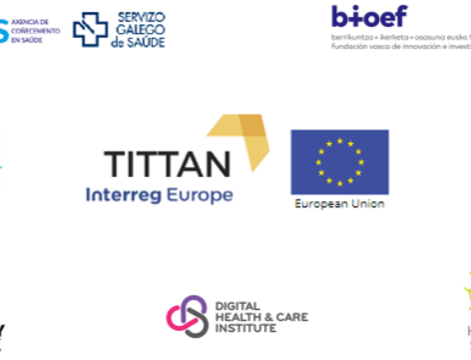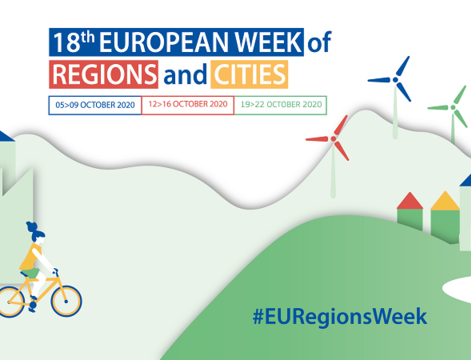There are lots of pretty controversial theories around why the industrial revolution saw so much innovation led by nothern European countries. My owns, more "hobbyist" idea is that in countries such as Spain it is just too hot and lovely out to be messing around with Spinning Jennies and the like- basically, they had other priorities.
However, as we are entering a new industrial revolution, built on technology, things are different- we have air conditioning. And from the first workshop of the TITTAN Project it was clear that Spain is not messing around.
The aim of the workshop was to share experiences in getting innovation into public health systems and eat empanadas. Represented at this inter-regional workshop were Lombarfy (Italy), Lower Silesia (Poland), Saxony (Germany), Basque Country (Spain), our gracious hosts from Galicia (Spain) and of course Scotland. On the first day we Heard from a range of projects a different stages of development. Lower Silesia has recently established colective purchasing groups in a fragmented system of hospitals while Lombardy has developed an online "e-procurement model" similar to Public Contracts Scotland. From this came some interesting discussions around funding sources, how to get governmental support and practical advice on implementation. So far, so good.
It was on the second day that things really came alive. Driving to Vigo, Galicia´s largets city, we had some great discussions including heated debate on whether Gary and I would still want to live such beatiful place knowing that it rains more tan it does in Glasgow (yes you read it right- I have some stats if you want them). Once at the Brand new hospital we were given more empanadas and a run-down of the day- we were to be treated to some presentations on Galicia´s electronic medical record. Lombardy´s pre-comercial procurement process and a robot giving birth.
It was the electronic patient record that, for me, really cemented Galicia as an area of real innovation. The functions of the electronic patient record were pretty standard- things I have discussed at numerous events in Scotland. But we are now at a point where developing new technology is no longer the challenge- it is the process of development and implementation that represents the real challenge. And here- Spain were lightyears ahead. I am happy to wax lyrical about the vision and courage of the Project to anyone who listen.
The key point here is that although this was a huge task with several "subprojects" there was one dedicated core team to oversee the entire thing which allowed for continuity and fewer obstructions to progress.
What seems to have happened in Galicia is a normalisation of innovation. That is, a recognition that innovation shouldn´t just be add on to service improvement but at the core of it. Consequently, they haven´t waited for something fun and shiny with a great logo to come along and wow tham- they went out and said we want something that does x, y and z and used innovative procurement and contracting to get it. This isn´t exciting too to talk about but looking back again at the industrial revolution in Europe- nobody will deny that it had a massive and lasting impact. But is dull to read about...perhaps this new industrial revolution will be the same-but we shouldn´t shy away from that.
Greg Hill O´Connor
The Health and Social Care Alliance, THE ALLIANCE from Scotland
